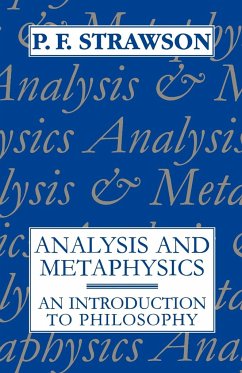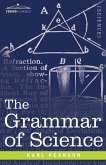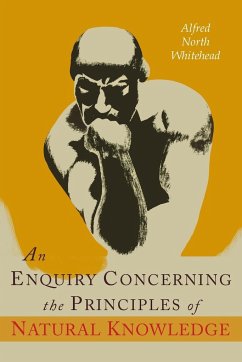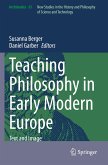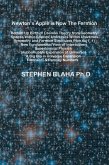All developed human beings possess a practical mastery of a vast range of concepts, including such basic structural notions as those of identity, truth, existence, material objects, mental states, space, and time; but a practical mastery does not entail theoretical understanding. It is that understanding which philosophy seeks to achieve. In this book, one of the most distinguished of living philosophers, assuming no previous knowledge of the subject on the part of the reader, sets out to explain and illustrate a certain conception of the nature of analytical philosophy. Strawson draws on his many years of teaching at Oxford University, during which he refined and developed what he regards as the most productive route to understanding the fundamental structure of human thinking. Among the distinctive features of his exposition are the displacement of an older, reductive conception of philosophical method (the ideal of "analyzing" complex ideas into simpler elements) in favor of elucidating the interconnections between the complex but irreducible notions which form the basic structure of our thinking; and the demonstration that the three traditionally distinguished departments of metaphysics (ontology), epistemology, and logic are but three aspects of one unified enquiry. Strawson has produced an elegant work that will be invaluable to students and stimulating for professional philosophers and general readers alike.
Hinweis: Dieser Artikel kann nur an eine deutsche Lieferadresse ausgeliefert werden.
Hinweis: Dieser Artikel kann nur an eine deutsche Lieferadresse ausgeliefert werden.

